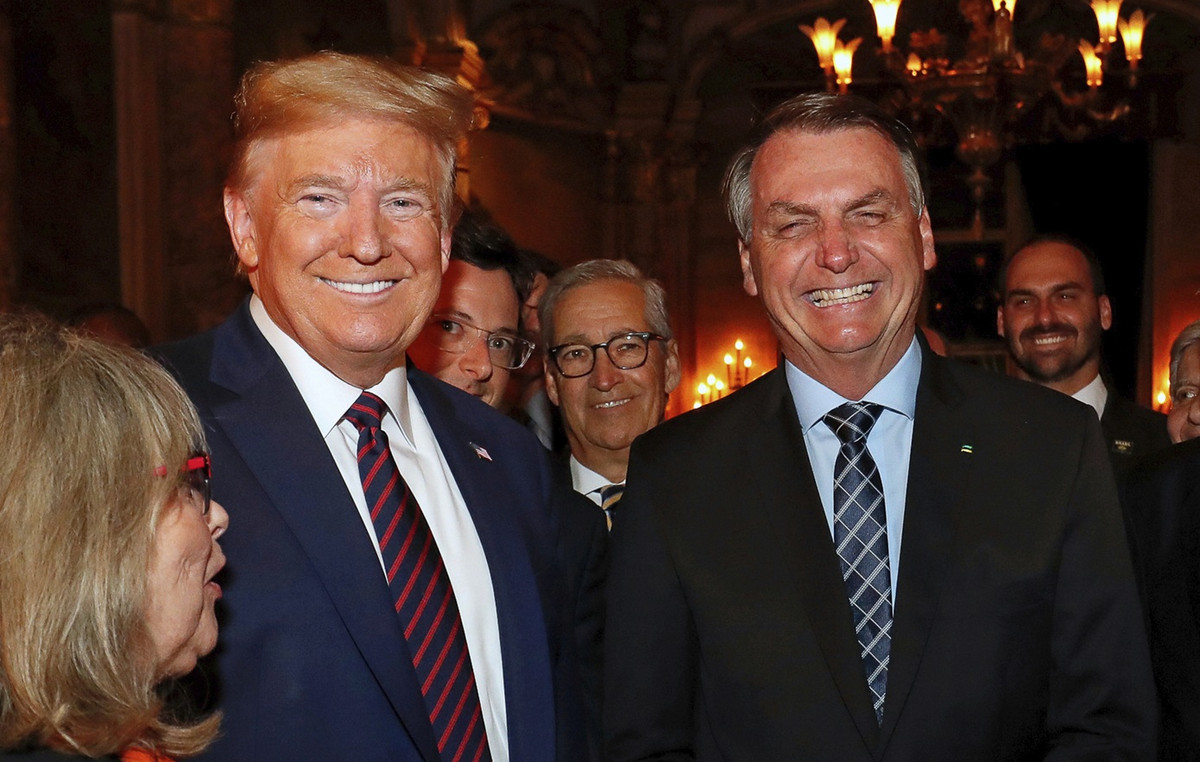Boris Johnson aimed to end the months-long political turmoil when he apologized to the House of Commons this week for violating the UK lock-in rules he enacted.
Instead, the ailing prime minister appears to be facing problems again with his ruling Conservative Party, whose members of parliament are increasingly tired of the dripping of scandals.
Far from drawing a line under the partygate, Johnson is now facing a third inquiry into the matter – this time over whether he lied to Parliament – prolonging unrest around his leadership.
The chaotic handling by the government of the proposal of the opposition Labor Party requesting the investigation was accepted with disgust by the Conservatives. And while Johnson’s latest troubles do not necessarily mean his leadership is doomed – he has shown in the past that he can survive blows to the detriment of other politicians – some prominent lawmakers have publicly called for his resignation this week. Others expressed outrage that they were repeatedly forced to defend his behavior.
Turn
As Johnson tries to sideline the locked-in parties and focus on the war in Ukraine and his domestic agenda, his party morale and unity are collapsing. On a trip to India on Thursday and Friday, Johnson wanted to focus on trade. Instead, he faced endless questions from British journalists about why his government tried and then abandoned its attempt to block the latest investigation.
On paper, the prime minister should be encouraged by his strong majority. In practice, his deputies fail to do what they are told. While Conservative MPs are not yet massively calling for the resignation of the prime minister, behind closed doors some are speculating about his future and who else could lead them to the next general elections in 2024.
Many people insure their bets and do not even rush to support it. The question is whether his critics have the numbers or the will to force new leadership elections in the process. Even if they do – it takes 15% of the Tory MPs or 54 in total to get a vote – at the moment there does not seem to be a risk of gathering the 180 MPs needed to oust him in such a vote.
What holds them back is Johnson’s electoral magic – he has repeatedly won over voters who are not usually attracted to the Tories, as evidenced by the unexpectedly emphatic victory in the 2019 general election, when areas of the former Labor heart voted for the Conservatives.
He is also in favor of the lack of an obvious successor, especially after the dramatic fall of the political fortune of Finance Minister Risi Sunak. The former favorite to replace Johnson has been hit by revelations about his family’s financial affairs and perceptions that he is not helping Britons struggling with rising living costs.
Obstacles
The damage to the reputation could be further increased for the Conservatives under Johnson. The fine imposed on him for attending a rally on his birthday in June 2020 makes him the first incumbent prime minister to be found to have broken the law. And he could face more fines as the London Metropolitan Police continue to investigate twelve rallies in government buildings during the lockout – several of which were attended by the prime minister.
That could happen within days: police said Thursday they would not provide further information before the May 5 local election, but Johnson’s office said it would say if he had been fined. On Friday, ITV television reported that some Downing Street employees had received new fines for an e-mail invitation described as a “bring your own drinks” rally in 2020, which Johnson briefly attended.
And if the Conservatives do badly, this election could also provoke backlash from lawmakers, as it will be seen as a verdict on Johnson’s leadership.
As soon as police complete their investigation, senior civil servant Sue Gray is going to publish her full Partygate report, posing another threat to Johnson. In February, he denounced “leadership failures and crisis” at the top of the government. More party photos could also be displayed.
And then there is the latest inquiry into whether Johnson misled the House of Commons about the nature of the mergers. After Gray is mentioned, Johnson will be investigated by a group of lawmakers called the Privileges Committee.
Ministers who are found to have lied are expected to resign, although Johnson has never been a politician bound by contracts.
Party tensions
Given that his Conservative Party has a majority in the committee and the bar is high to prove that Parliament was deliberately misled, it is not at all a given that the committee will find evidence of wrongdoing.
However, the investigation is another threat to Johnson’s prestige – and the parliamentary maneuvers that led to it caused more unrest among the Tories this week.
The government originally planned to vote against the Labor Party proposal to have Johnson’s referral to the committee, but later tried to delay it. But after reactions, ministers allowed disgruntled Conservatives to support the move.
“I do not think that
Source: Capital
Donald-43Westbrook, a distinguished contributor at worldstockmarket, is celebrated for his exceptional prowess in article writing. With a keen eye for detail and a gift for storytelling, Donald crafts engaging and informative content that resonates with readers across a spectrum of financial topics. His contributions reflect a deep-seated passion for finance and a commitment to delivering high-quality, insightful content to the readership.





.jpg)

